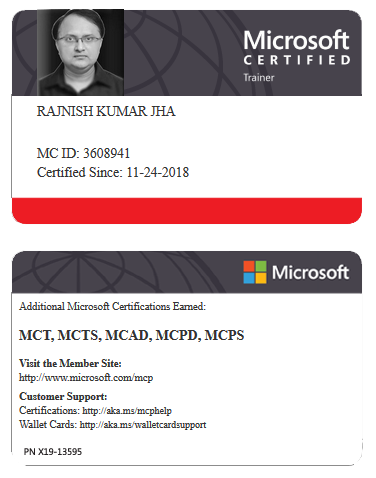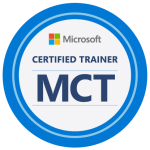-
Learn about the things to know about Azure Virtual Machine Autoscaling
Azure Virtual Machine Autoscaling is a powerful feature that automatically adjusts the number of virtual machines (VMs) in a Virtual Machine Scale Set (VMSS) based on demand, improving performance while managing costs. Autoscaling is crucial for applications with fluctuating workloads because it ensures that you… [ Read More ]
-
Learn about the things to know about Availability Zones in Azure
Availability Zones (AZs) in Azure are a key component of the platform's high availability and disaster recovery strategy. They allow you to distribute your applications and resources across physically separate locations within an Azure region, each with independent power, networking, and cooling to ensure resilience… [ Read More ]
-
Learn about the things to consider when using Virtual Machine Autoscaling on Azure
Autoscaling is a powerful feature in Azure that automatically adjusts the number of resources (e.g., virtual machines, app instances, or containers) in response to changing workload demands. Properly configuring autoscaling ensures that applications remain responsive under varying loads while optimizing costs. However, there are several… [ Read More ]
-
Learn about the things to consider when using Availability Zones in Azure
When using Availability Zones (AZs) in Azure to ensure high availability, fault tolerance, and disaster recovery for your applications, several key factors need to be considered. Properly leveraging Availability Zones can make a significant difference in achieving the desired level of resilience and minimizing downtime.… [ Read More ]
-
Learn about the Authorization options in Azure Storage
Azure Storage provides several authorization options to control access to resources securely. The choice of method depends on your security requirements, the type of storage account, and the level of access control you need. Below are the key authorization options for Azure Storage. Azure Active… [ Read More ]
-
Learn about System Routes in Azure
In Azure, system routes are the default routes automatically created by Azure in the route table of a virtual network (VNet). These routes control the flow of traffic between resources in the VNet, across connected VNets, and to external networks like the internet. They ensure… [ Read More ]
-
Learn about Service Endpoints in Azure
Azure Service Endpoints provide secure and direct connectivity between a Virtual Network (VNet) and Azure services over the Azure backbone network. They allow resources in a VNet to communicate with Azure services (e.g., Azure Storage, Azure SQL Database) without requiring a public IP address, improving… [ Read More ]
-
Learn about Next-Hop diagnostics in Azure Network Watcher
The Next Hop diagnostic tool in Azure Network Watcher helps determine the next hop for a packet as it travels through a virtual network, based on the routing configuration applied to the network. This tool is critical for troubleshooting routing issues and understanding the flow… [ Read More ]
-
Learn about Blob Object Replication in Azure
Blob object replication in Azure refers to the process of replicating data stored in Azure Blob Storage across multiple regions to ensure availability, durability, and redundancy of your data. Azure offers several replication strategies to help protect data against failures and ensure high availability in… [ Read More ]
-
Learn about best practices in Azure Storage security
To enhance the security of your Azure Storage, follow these best practices for configuration and management: Secure Access to Azure Storage Enforce HTTPS Enable Secure Transfer Required to enforce HTTPS for all data in transit. Azure Portal Navigate to the Configuration blade of your storage… [ Read More ]
DevOps, Cloud, Azure resources & blog
Author: Rajnish Kumar Jha

Rajnish Kumar Jha
MCT, MCSA, MCSE, MCAD, MCPD, MCTS, MCSD
My name is Rajnish Kumar Jha. I am Technical architect on Azure Cloud and .NET since 21+ years. I’ve worked for pioneer companies and as freelance trainer/consultant helping my clients to achieve their IT goals.
I find blogging, a great way to share back what I’ve learned all through my professional journey. You are welcome to connect or share feedback/suggestion here or through an email.
My MCT card (Microsoft)

My Certifications












Popular Posts
Stay Connected
Unlock the full potential of Azure Cloud with me
– Your trusted guide to Azure mastery!
SUBSCRIBE
My newsletter for exclusive content and offers. Type email and hit Enter.
No spam ever. Unsubscribe anytime.
Read the Privacy Policy.





